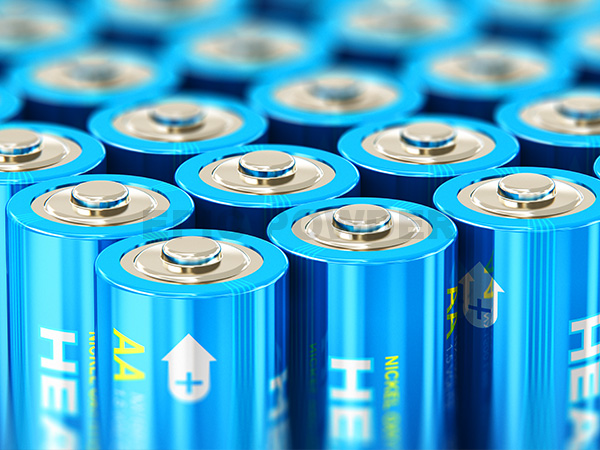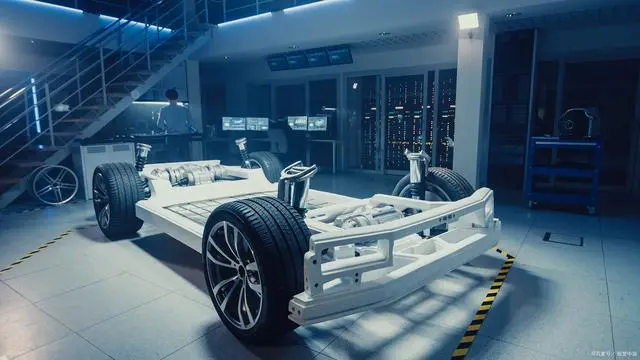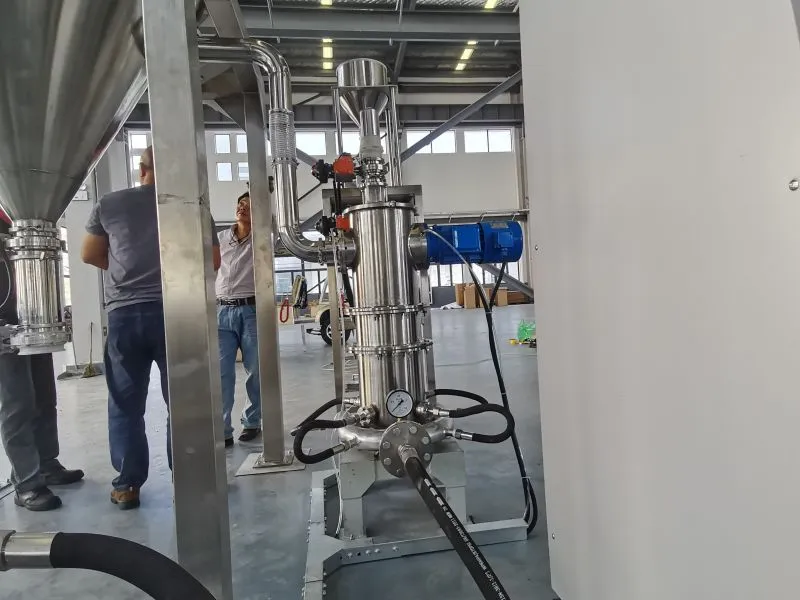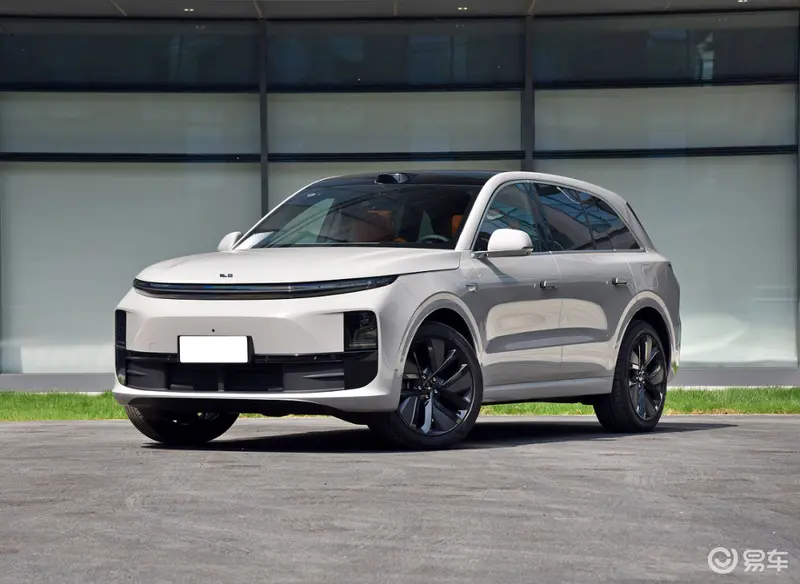Ternary and lithium iron phosphate are two types of lithium-ion batteries. They are currently widely used. Each has advantages and drawbacks. Choose based on the specific use.
Ternary lithium batteries are a kind of lithium battery. They use ternary positive electrode materials. For example, there is lithium nickel cobalt manganese oxide (Li(NiCoMn)O2). There is also lithium nickel cobalt aluminum oxide.

Advantages of ternary lithium-ion batteries:
1. Ternary lithium batteries have high energy density. They can store lots of energy. This suits some applications with high energy needs, like electric vehicles.
2. Ternary lithium batteries have a good cycle life. They can undergo many charge and discharge cycles. This can be more than several thousand cycles. They are good for long-term use.
3. They charge faster than other lithium-ion batteries.
Disadvantages of ternary lithium-ion batteries:
1. Ternary lithium batteries have a higher manufacturing cost. The cost is high compared to lithium iron phosphate batteries.
2. Ternary lithium batteries are unsafe in extreme conditions. This includes high temperatures.
3. Ternary lithium batteries have higher energy density. But, they are usually larger and heavier than lithium iron phosphate batteries.
Lithium iron phosphate batteries are a type of lithium-ion battery. They use lithium iron phosphate (LiFePO4) for the positive electrode. They use carbon for the negative electrode.
Advantages of lithium iron phosphate batteries:
1. Lithium iron phosphate batteries are quite safe at high temperatures. They also have good thermal stability.
2. They cost less. They have lower manufacturing costs than ternary lithium batteries.
3. Lithium iron phosphate battery materials are cheaper. They also lack heavy metals. This makes them kinder to the environment.
The disadvantages of lithium iron phosphate batteries:
1. Lithium iron phosphate batteries have lower energy density. They are also heavier for the same capacity.
2. The charging speed is slow. Compared to ternary lithium batteries, lithium iron phosphate batteries charge more slowly.
3. Lithium iron phosphate batteries have a shorter cycle life. It is for charging and discharging. This cycle life is shorter than that of a ternary lithium battery.
Choose between ternary lithium-ion batteries and lithium iron phosphate batteries. Base the choice on specific needs. These requirements vary for energy density, safety, cost, and cycle life.



